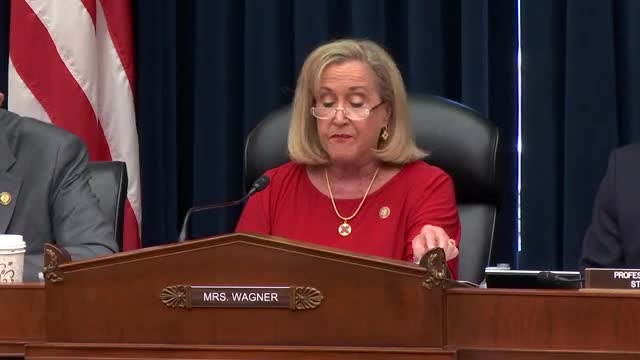Article not found
This article is no longer available. But don't worry—we've gathered other articles that discuss the same topic.
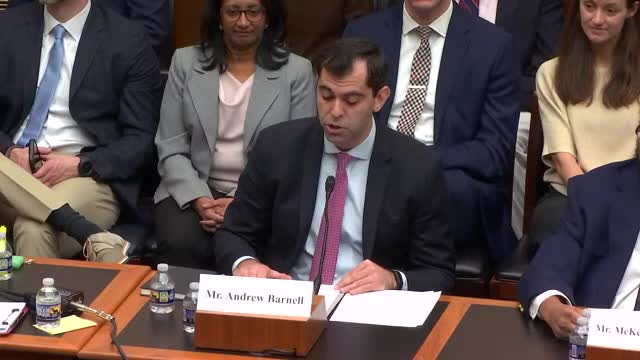
Entrepreneurs and VCs say Midwest and rural regions lack venture infrastructure; witnesses urge easier fund formation and local investor engagement
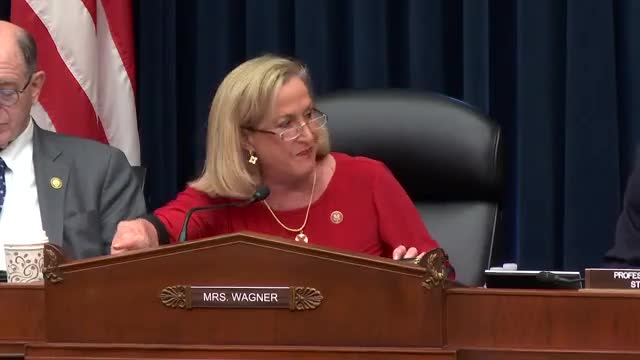
Industry warns AFFE disclosure treatment pushed institutional dollars away from BDCs
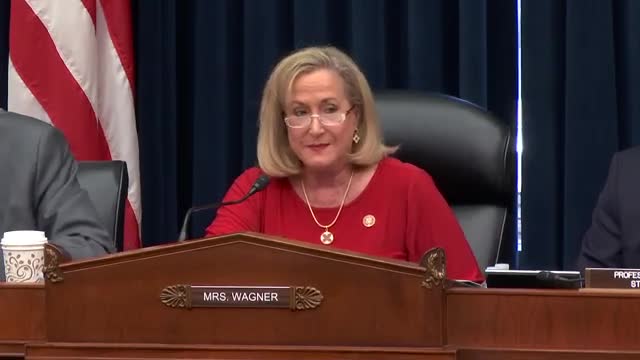
Members cite high compliance costs, urge IPO on-ramp and right-sized disclosures for smaller public companies
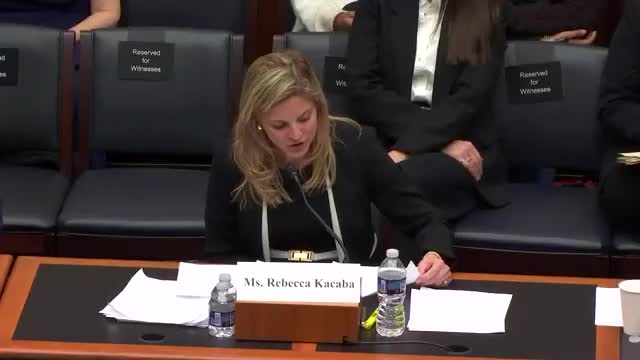
Witnesses urge raising Reg CF cap, removing Reg A limit to expand online capital formation
